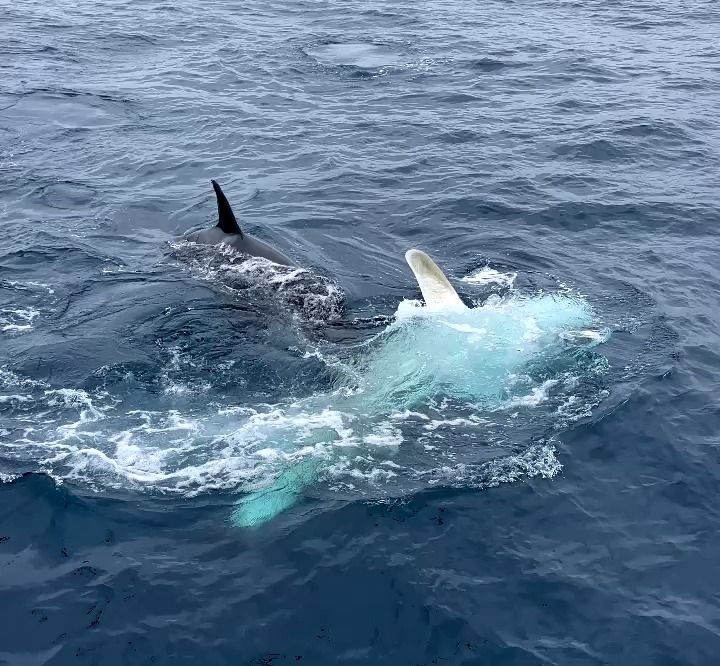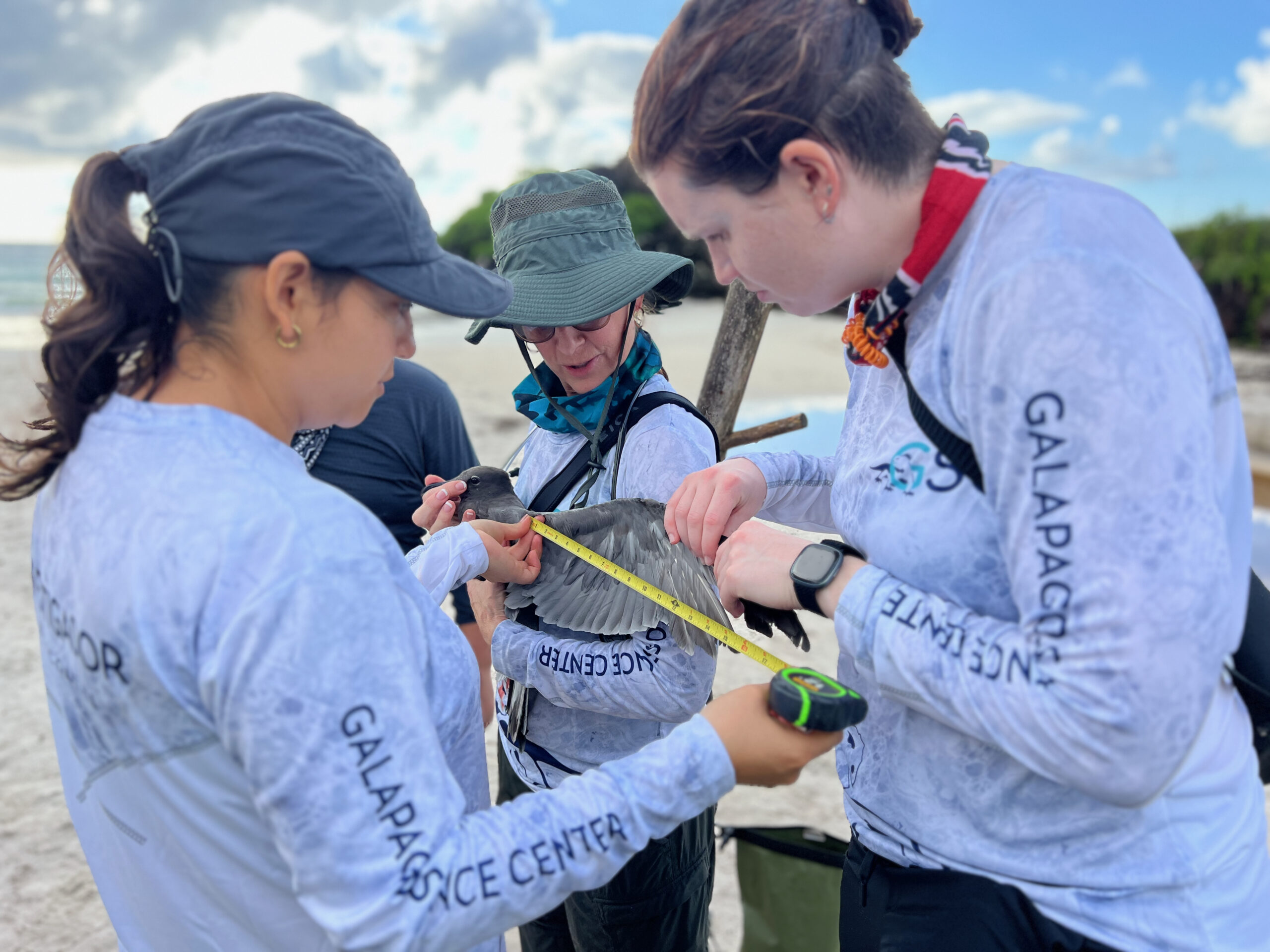El estudio estima la abundancia de las dos especies de lobos marinos de Galápagos: Zalophus wollebaeki y Arctocephalus galapagoensis, los mismos que según la UICN están clasificados como “En peligro” ya que sus poblaciones han sufrido drásticas disminuciones en las últimas décadas, sobre todo después del evento “El Niño” del año 2015.
Además, se muestra las fluctuaciones inter anuales y entre las distintas regiones del archipiélago de las poblaciones de estas dos especies. Los resultados proporcionan evidencia de que ambas especies son altamente vulnerables a eventos oceanográficos-atmosféricos periódicos en el archipiélago de Galápagos que impactan la abundancia de presas y el flujo de energía en el ecosistema único de las islas.






